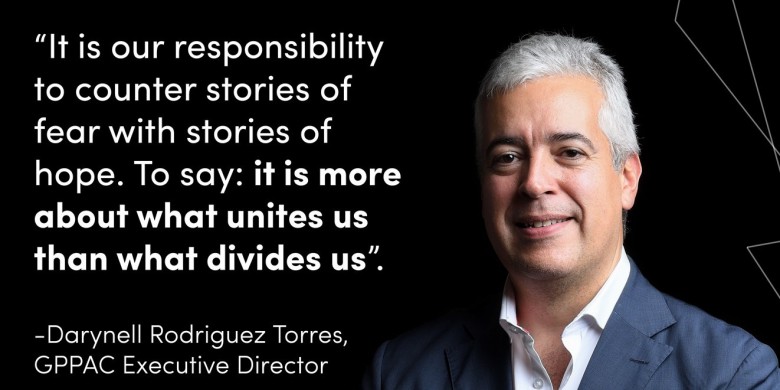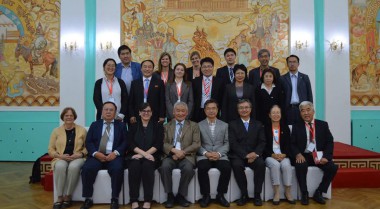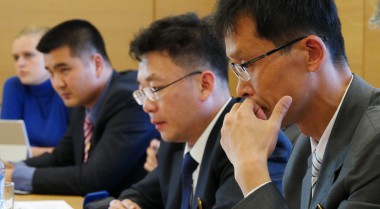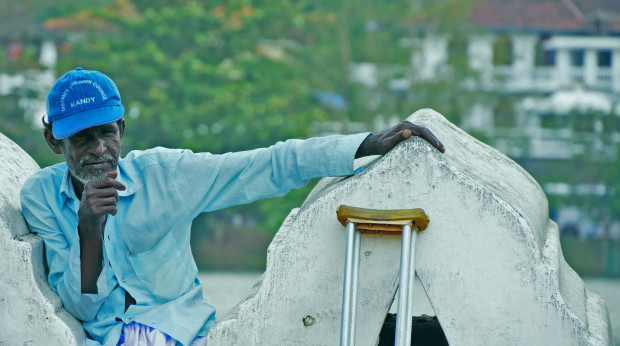
Time to End the Forgotten War, Time to Sustain Civil Society Dialogue Initiatives in the Korean Peninsula
Exactly a year ago, in July 2017, I had the opportunity to visit the Democratic People's Republic of Korea (DPRK) for the first time. The political climate could not have been more different from what it is like today. The DPRK had just done a second test of their Intercontinental Ballistic Missiles (ICBM) and US President Trump was threatening to respond with ‘fire and fury like the world has never seen'.

At that time it was hard to imagine that, eleven months later, the leaders of the US and the DPRK would meet in Singapore to sign a declaration outlining a road map to normalize relations and advance the denuclearization of the Korean Peninsula. This diplomatic breakthrough can be seen as a recognition that the world cannot afford war in the region. The stakes are too high and the human costs would be unimaginable. If war is not an option then only two other options remain: (1) maintain the status quo or (2) progress towards the normalization of relations. Fortunately, it seems that we are advancing towards the latter.
However, this will be a long-term process that will require a number of steps to build trust among the different actors and provide mutual security assurances. This includes the need to finally put a formal end to the Korean War, which keeps the countries within the region engaged in a ‘war mentality' that stimulates an arms race and does not favor prospects of denuclearization. Ending the war and concluding a peace agreement should be one of the key strategic objectives in order to advance the regional peacebuilding process.
But more will be needed to overcome years of mistrust, mutual provocations and antagonistic narratives. The process of re-building trust and confidence, to break the cycle of political and military tensions and escalations, needs to harness the strength of existing and emerging civil society initiatives.

While most official channels of communication were closed for several years, civil society organizations partially worked to close the gap by convening track II dialogue processes and developing activities to enhance ‘people to people' interaction across the two Koreas. Initiatives such as ‘Women Cross DMZ' or the Ulaanbaatar Process, facilitated by GPPAC, among others, contributed to maintaining venues for dialogue and made use of approaches based on engagement and open discussions, rather than isolation.
I once heard an expert mediator say that 90 % of the success of any mediation or dialogue process is simply to be there. In other words, despite the ups and downs, the progress and setbacks of a particular process, the important thing is to remain engaged. Civil society initiatives have always been there, especially when no other spaces for dialogue were open. In order to de-escalate tensions and successfully transition into a peace regime, the region will be in need of civil society initiatives at various levels. Enabling the current civil society-led processes to continue their work, and stimulating new initiatives, will be crucial to guarantee long-term engagement and an open line of communication when it is most needed.
Written by Darynell Rodriguez Torres, GPPAC Executive Director



